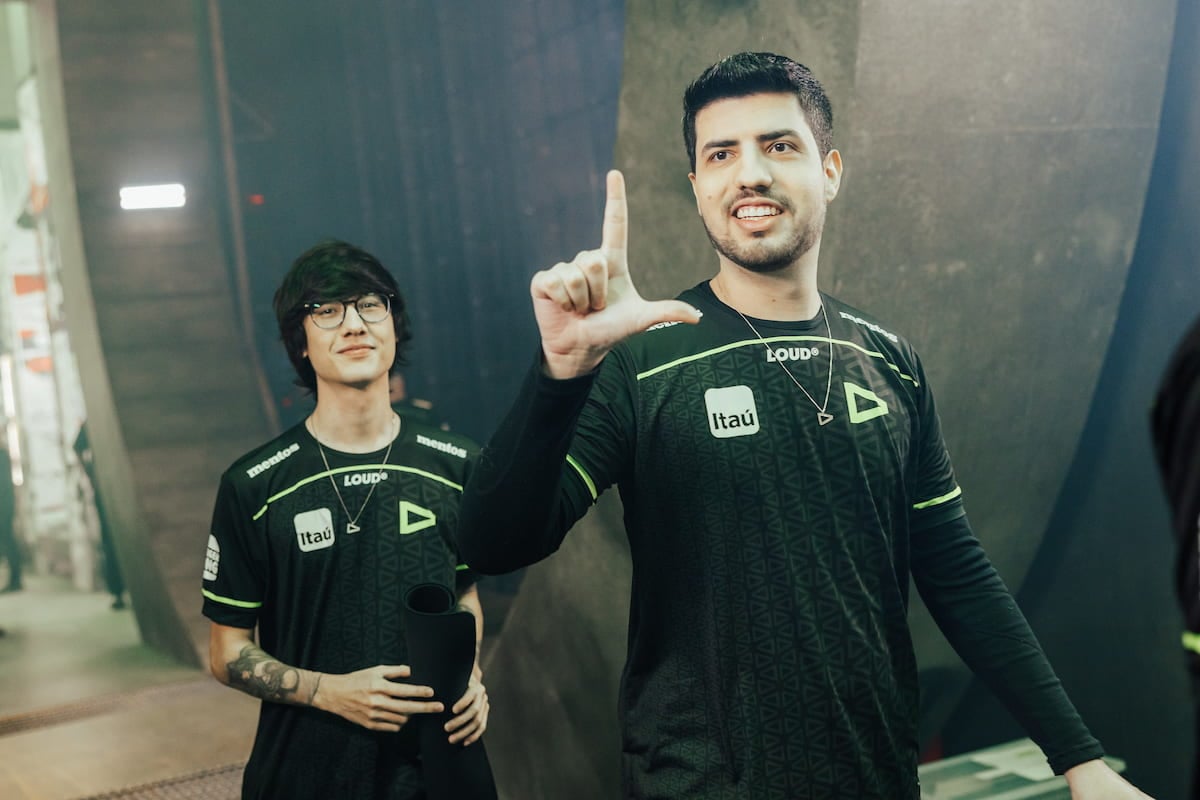League of Legends esports fans should know by now that the fastest-growing domestic league in the world is Brazil’s CBLOL. Each year, the electricity of Brazilian League draws the attention of international fans around the world, and as a result, the domestic scene continues to trend upwards.
This weekend, Brazil proved it’s still a growing League hotspot by breaking its own regional viewership record during the CBLOL Split One grand final between PaiN Gaming and LOUD. At its peak, the series drew in over 455,000 viewers, an all-time high for the league, according to esports viewership tracking site Esports Charts.
The two legacy franchises are some of the most recognizable organizations in not just professional League, but all of esports, and with the CBLOL’s sole berth at the Mid-Season Invitational on the line, the stakes for the matchup couldn’t have been higher. In the end, it was LOUD who defeated PaiN by a score of three games to two. The win for LOUD marked the team’s fourth straight CBLOL title. All four of LOUD’s consecutive championship runs dating back to 2022 have concluded with a grand final victory over PaiN. At subsequent international tournaments, though, LOUD holds a record of 6-14 in individual games dating back to the 2022 World Championship.
The previous peak viewership record for the CBLOL had stood in place since 2021 when the Split One final that season (played between PaiN Gaming and Vorax) reeled in just over 416,000 viewers at its peak.
LOUD’s victory ensured that they locked up the final spot up for grabs at MSI. The tournament will begin on May 1, with LOUD slotted into the event’s play-in stage.


